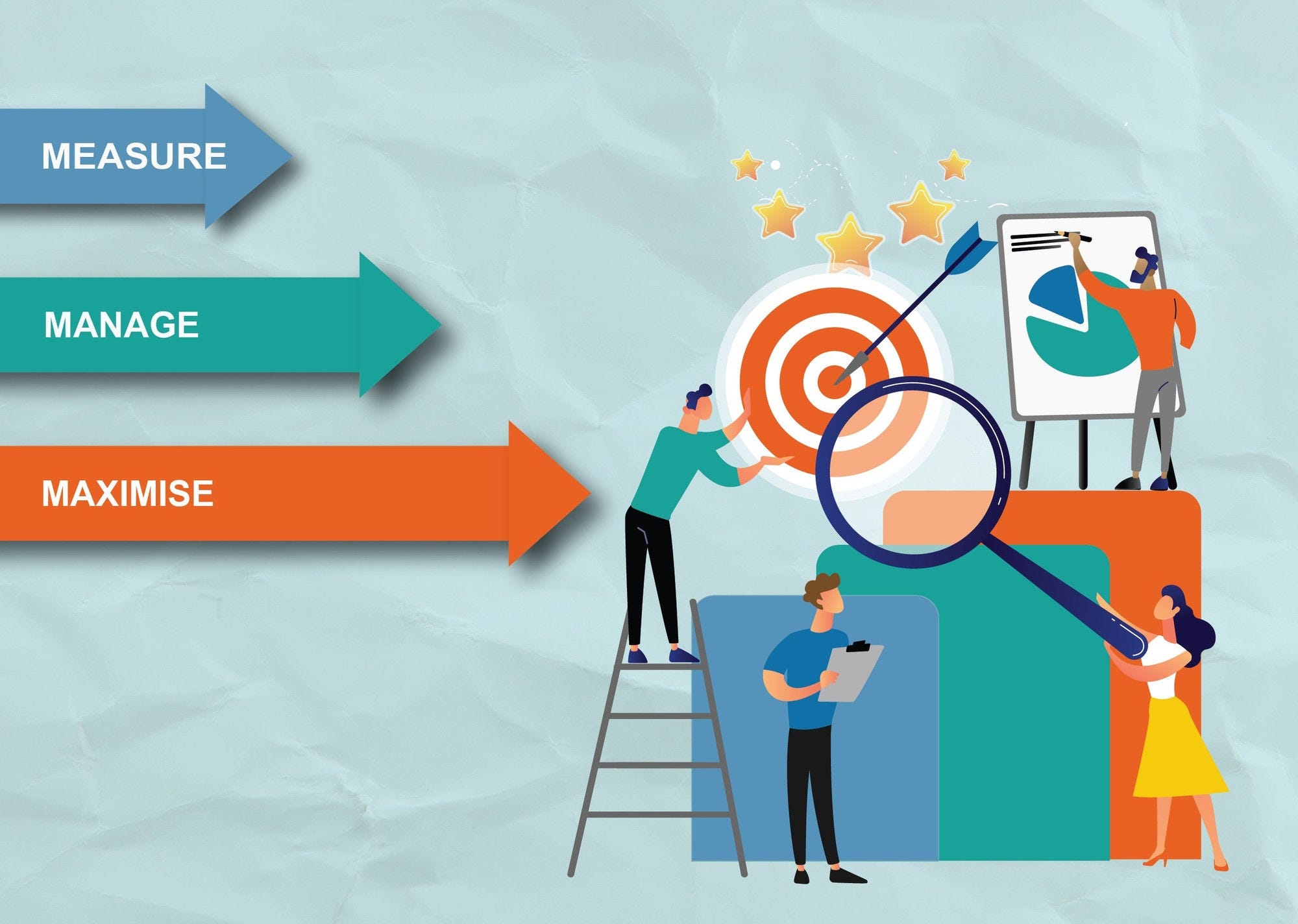This guide was prepared by the OECD Centre for Entrepreneurship, SMEs, Regions and Cities (CFE) led by Lamia Kamal-Chaoui, Director, as part of the Programme of Work of the Local Employment and Economic Development (LEED) Programme. This guide was produced in collaboration with the European Union, as part of the commitments taken under the Social Economy Action Plan.
The content of this guide was drafted by Irene Basile and Melis Aslan, policy analysts, with guidance from Antonella Noya, Head of the Social Economy and Innovation Unit, (LEED, CFE). Haley A. Beer, Associate Professor of Performance and Responsibility at Warwick Business School, and Adrien Baudet, founder and CEO of Koreis, contributed to the drafting process. Additional background research was performed by Míriam Gómez-Lavín Fernández.
This guide builds on recent learnings from the OECD Global Action “Promoting Social and Solidarity Economy Ecosystems” and complements the two prior publications: the OECD LEED Paper “Social Impact Measurement for the Social and Solidarity Economy” (OECD, 2021) and the Policy Guide on “Social Impact Measurement for the Social and Solidarity Economy” (OECD, 2023). It is based on extensive data collection and stakeholder consultations.
This guide benefitted from valuable comments by Evita Agalianou, Miia Rossi-Gray and Giulio Pasi, policy officers at the European Commission’s Directorate-General for Employment, Social Affairs and Inclusion, working under the supervision of Brigitte Fellahi-Brognaux, Head of Unit for Inclusive and Social Entrepreneurship as well as Federico Mento (Ashoka Italy), Owen Barder (Precision Development, Rubèn Suriñach Padilla (La Xarxa d'Economia Solidària (XES)) and Marion Vermeirsch (Apprentis d’Auteuil). Acknowledgements are also due to Nadim Ahmad, Deputy Director of CFE and Karen Maguire, Head of Division, LEED Programme of CFE, for their invaluable comments.
The authors also thank the numerous participants around the world who contributed to the development of this guide:
Consultation of the European Commission’s Expert group on social economy and social enterprises (GECES). After an initial presentation on 15 June 2023, an online survey was circulated in June 2023 to GECES members who in turn (particularly European Union umbrella organisations) disseminated the survey to national contact points, reaching a total of 40 survey responses.
An online workshop was organised by the OECD on 27 November 2023 to co-construct a guiding set of principles on social impact measurement and management. The consultation targeted social economy representatives with relevant impact measurement experience, as well as social impact measurement practitioners working with the social economy. Over 50 individuals participated, including social economy representatives from ACT Grupa; Aiccon; Ashoka; Avise; Banca Popolare Etica; Beka Finance; Cases Portugal; CECOP; Centre of Expertise for Social Enterprises in Finland; CIRIEC International; Collaboration Ireland; Common Approach; ConcertES; Cooperative Development Portal of Poland; the Department for Digital, Culture, Media and Sport of the United Kingdom; ENSIE; ErsteGroup; Euricse; the European Commission; the European Platform for Rehabilitation; the Federal Ministry of Social Affairs, Health, Care and Consumer Protection of Austria; Fundación ONCE; Giving Evidence; Impact Track; Innoviris; Institute for Economic Research in Slovenia; Institute for the Development of Social Responsibility in Slovenia; LUT University; Ministry of Economic Affairs and Climate Policy of the Netherlands; Ministry of Family, Labour and Social Policy of Poland; Ministry of Labour of Luxembourg; Ohio University; Panhellenic Confederation of Unions of Social and Solidarity Economy; Reach for Change; Rethink Ireland; Social Entrepreneurship Network Austria; Social Impact Ireland; Social Innovation Portugal; Social Value; Sopact; Spain NAB; Statistics Poland; STŘEP; Triangle Consulting; Universidad Pontificia Comillas; Università degli Studi di Milano-Bicocca; Universitat Pompeu Fabra; Université du Québec à Montréal; United Nations Research Institute for Sustainable Development (UNRISD); Warwick Business School; Windesheim University of Applied Sciences and XES. Further comments on the draft text of the principles were collected through the Miro board, which was also disseminated to the Social Value International network online through mid-December 2023.
Additional interviews and written exchanges with individual contributors: Marc Dixneuf (AIDES), Joanna Brzozowska-Wabik (Auditing Union of Workers' Cooperatives, Poland), Cécile Lapenu and Fanny Le Maguet (Cerise+SPTF), Duncan Walker (Collaboration Ireland), Pascale Zoetaert (ConcertES Belgium), Daniel Iannaci (Cooperativa Arcobaleno), Sotiris Themistocleous (Center for Social Innovation), Natalie Tomlinson (Dementia UK), Patrizia Bussi and Azizam Yussupova (ENSIE), Laurence Lepetit (France Générosités), Rob Symes (Fortell), Anita Hrast (IRDO Slovenia), Viktorija Braziunaite (Lithuanian Social Business Association), Agnė Rėkutė-Bagdonė (Ministry of Agriculture, Lithuania), Dmitry Medlev and Jo Newson (Oxfam), Konstantinos Papadakis (Panhellenic Unions' Confederation of Social and Solidarity Economy, PASE KALO), Martin Burt (Poverty Stoplight), Owen Barder (Precision Development), Ben Carpenter (Social Value International), Charlotte Österman (Social Value UK), Mariona González (Spain NAB), Bernardo García Izquierdo (Stone Soup Consulting), Anna Good, research analyst (Triangle), Ilcheong Yi and Zhen Lee (UNRISD), and Rubèn Suriñach Padilla (Xarxa d'Economia Solidària, XES).
The authors are also grateful to the editor, Romy de Courtay, and to Pilar Philip, Katrina Baker and Jack Waters (CFE) for preparing the final publication.
